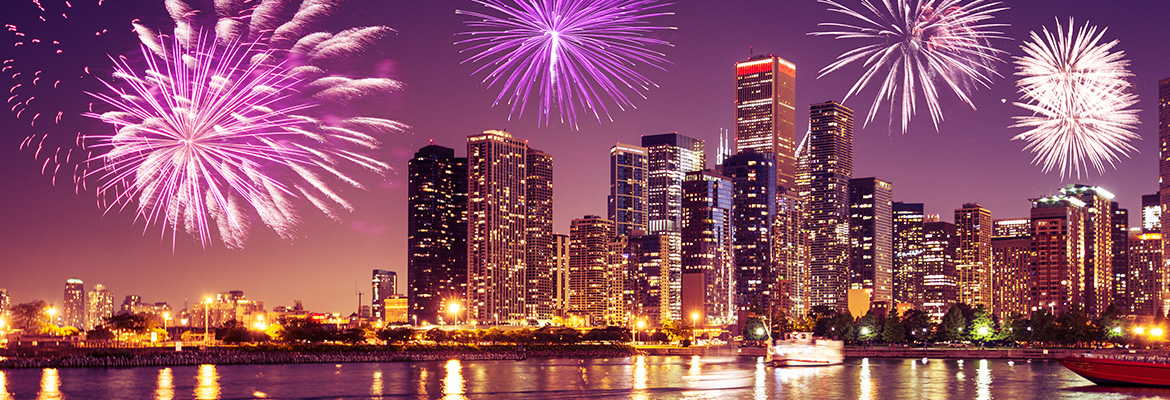The Value of Dwelling on God’s Past Faithfulness
 19 Nov 2024
19 Nov 2024
As parents, Thanksgiving provides the perfect opportunity to show our children the true hope and joy found in giving thanks—even in seasons when we don’t feel particularly thankful. We might not associate giving thanks with sacrifice, but the Bible and history provide ample instances when giving thanks was coupled with great tribulation and sacrifice. After a divisive election season and tragic natural disasters, it feels all the more appropriate to dig deeper into what genuine,


